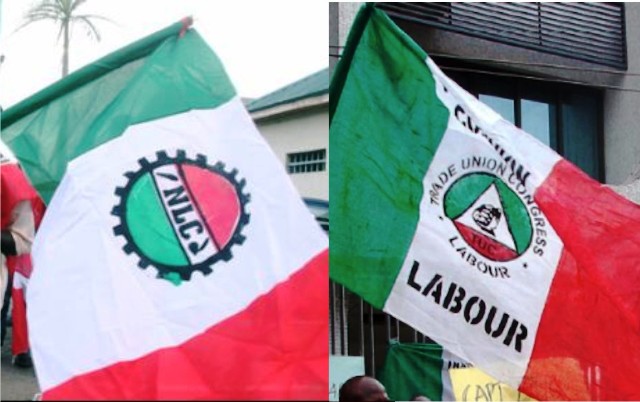Business
NLC, TUC Move To Improve Workers’ Welfare …Inaugurates 14 Member ELA Council

The Nigeria Labour Congress(NLC) in conjunction with the Trade Union Congress (TUC) ,has inaugurated a 14-member Employers of Labour Award (ELA) Advisory Board to improve workers welfare within the south south regions of the country.
The employers labour award would among other responsibilities, improve the relationship between the lower ranks and the management cadre in both private and public organisation with a view to promoting a healthy working environment in the affected States
ELA is an initiative of the NLC and TUC which also has the mandate to confirm an award to any organisation that is workers friendly
Speaking during the inauguration ceremony of the board members at a one day seminar /strategic planning organised at NLC temporary office in Port Harcourt, over the weekend, the Rivers State chairperson of the Nigeria Labour Congress (NLC), Comrade Beatrice Itubo advised members of the board to justify the confidence reposed on them and do the needful in order to accomplish their task.
Itubo advised them to consult properly and carry out an investigation before giving an award to any organisation, adding that they should not see the opportunity given them as a means of making money out to see it as an opportunity to render selfless service to society.
Also speaking the Chief executive Officer, (CEO) ELA Dr Essien Patrick said that the board would compliment the work of NLC and TUC to ensure that workers across the country have a better standards and work with comforts ,adding that the board had been in operations since two years ago.
He allayed the fears being expressed by workers that the board would compromise in its functions ,adding that the board would work with all branch executives of organised labour unions in all institutions in the discharge of their duties
“We will work with the branch and unit chairmen in terms of giving an award to the deserving organisations”, he stated
In his own speech the chairman of the board,comr Frederick Nwojier, averred that the board was created to assist NLC and TUC address complaints arising from workers and deal with them in accordance with the relevant labour laws in the country, adding that members of the board cut across labour unions, private and public sectors.
He assured workers that the body would ensure the improvement of workers welfare as well as ensuring the provision of conducive working environments across the states of the region. Other members of the board include, Morford Temple, lucky Nkpogene Christian Igwe and Barr Ottizo Enyi, among others.
Business
NCDMB, Jake Riley Empower 250 Youths On Vocational Skills

Business
NUJ Partners RSIRS On New Tax Law Education

Transport
Nigeria Rates 7th For Visa Application To France —–Schengen Visa

-

 Sports1 day ago
Sports1 day agoArsenal Women End Man City’s Invincibility
-

 Sports1 day ago
Sports1 day agoU-20 WWC: Falconets claim qualifier win
-

 Sports1 day ago
Sports1 day agoInsurance Deepen Enyimba’s Trouble
-

 Sports1 day ago
Sports1 day agoYouth Olympics preparation Gears up
-

 Environment1 day ago
Environment1 day agoRivers State Government Suspend Fire Service Collection Levies
-

 Sports1 day ago
Sports1 day agoTornadoes Set For NPFL exit over Stadium Ban
-

 Sports1 day ago
Sports1 day agoCologne Youth Team Set Crowd Record
-

 Environment1 day ago
Environment1 day agoLASEMA pushes attitudinal change to cut fire outbreaks in Lagos

